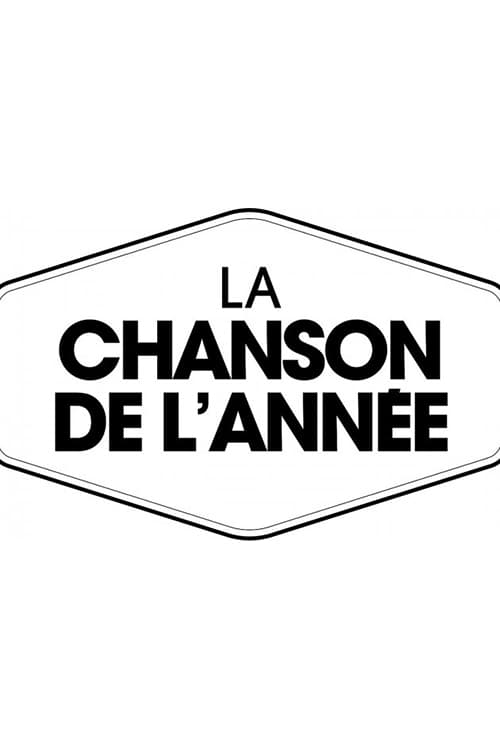
Ishtar
Born
November 10, 1968 (56 years old)
Known For
Acting
Place of Birth
Kiryat Ata, Israel
Esther "Eti" Zach (Hebrew: אסתר "אתי" זך; born 10 November 1968), known by her stage name Ishtar (אישתאר), is a French-Israeli vocalist who performs in Arabic, Hebrew, Bulgarian, French, Spanish, Russian and English. She is best known for her work as the front vocalist of the French-based band Alabina, and her solo pop hits such as "C'est la vie", "Last Kiss", "Horchat HaEkaliptus" and "Habibi (Sawah)".
Esther Zach was born on 10 November 1968 in Kiryat Ata, near Haifa, and was raised in Israel. She was born to an Egyptian-Jewish mother and a Moroccan-Jewish father, who had immigrated to Israel earlier. She speaks Hebrew, Arabic, English and French. She sings in Arabic, Hebrew, French, Spanish, Bulgarian, Russian, and English. In addition, she says she "half-speaks Moroccan Arabic".
Zach began performing in clubs at age 14 and continued even while enrolled in the IDF. She chose to use the stage name "Ishtar", the name of a Mesopotamian goddess, after what her given name sounded like with her grandmother's "Egyptian accent".
It was around this time a friend asked her to join her in France. She soon fell in love with the country and decided to make it her home.
At the age of 23, Ishtar moved to France and began to sing in clubs. She had her own group named Alef. She also performed as a backup vocalist for several famous artist and French singers such as Julien Clerc. In France, she was discovered by a producer who loved her voice. He introduced her to Los Niños de Sara. She joined the group as a lead vocalist and together they performed under the name Alabina.
Alabina soon became a worldwide success charting in the top 10 and top 40 several times in the US alone.
Alabina had found success mixing Flamenco, Arabic, Pop, and Dance sounds. Los Niños de Sara usually sang in Spanish while Ishtar would sing in Spanish, Arabic, French, Hebrew, or a mix of the languages – several songs were sung in Spanish and Arabic.
Despite Alabina's success, after two albums Ishtar decided to do a solo project of her own (though she was still a member of the group); Los Niños de Sara also began to release CDs of their own.
In November 2000, La Voix d'Alabina (The Voice of Alabina) was released. It stepped up the Oriental pop sound while mixing in some traditional Arabic sounds and dance beats. Nine out of the twelve songs were mainly in French though Arabic, Spanish, English, and Hebrew were mixed in on various songs (for example Last Kiss was in English). Several of the tracks found dance floor success, including Last Kiss.
Ishtar also paid a visit to her fans in Israel, where she hosted a few television shows, singing duos with local stars such as Pablo Rosenberg, Avihu Medina, and David D'Or.
Ishtar continued to tour the world with Alabina for the next few years as she worked on her second album, Truly Emet, which was released in August 2003 this time with most of the songs being in Hebrew. However she decided to sing more songs in mixes of Arabic and Hebrew to show that there could be harmony between the two cultures. Truly Emet was again a dance floor success especially with the songs C'est La Vie, and Last Kiss. ...
Source: Article "Ishtar (singer)" from Wikipedia in English, licensed under CC-BY-SA 3.0.



